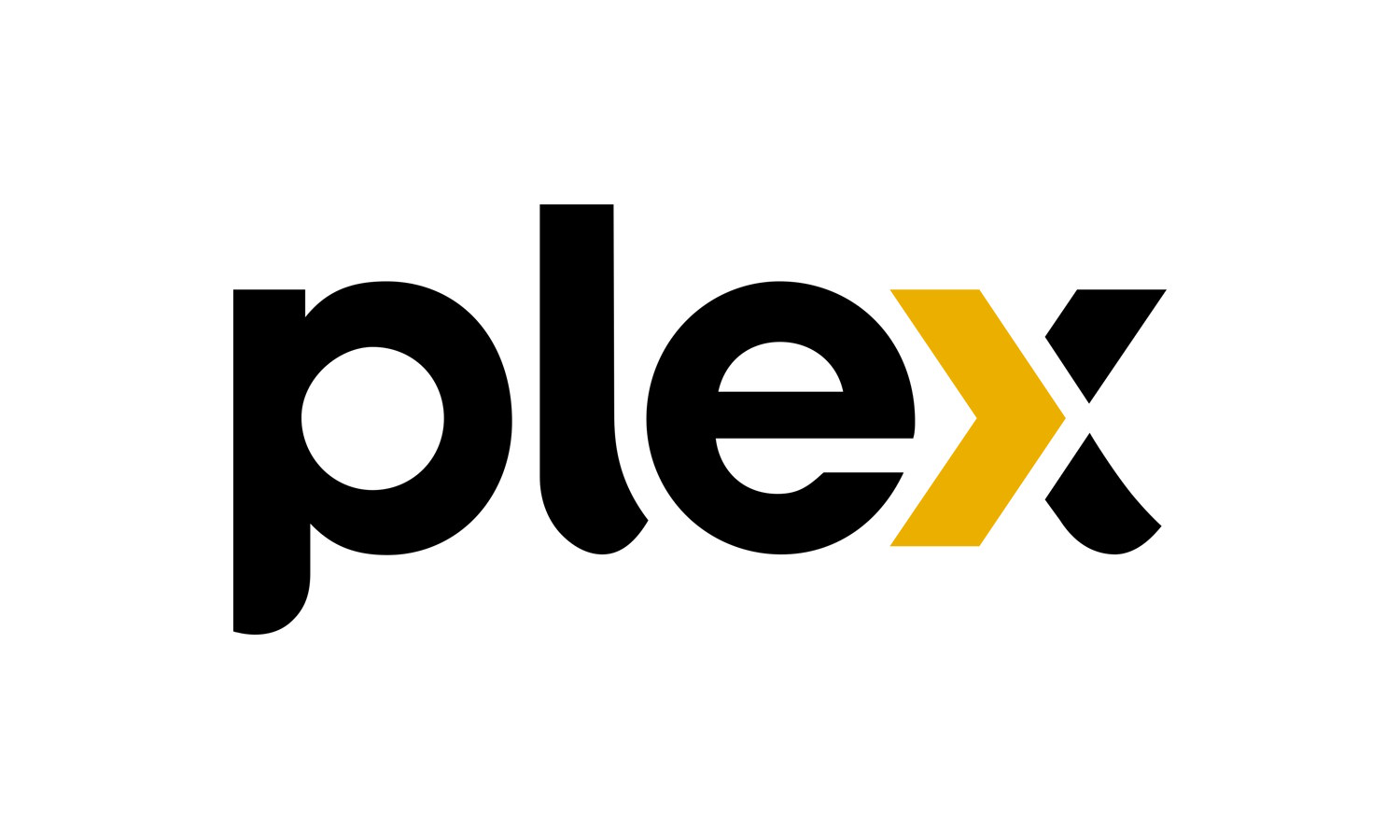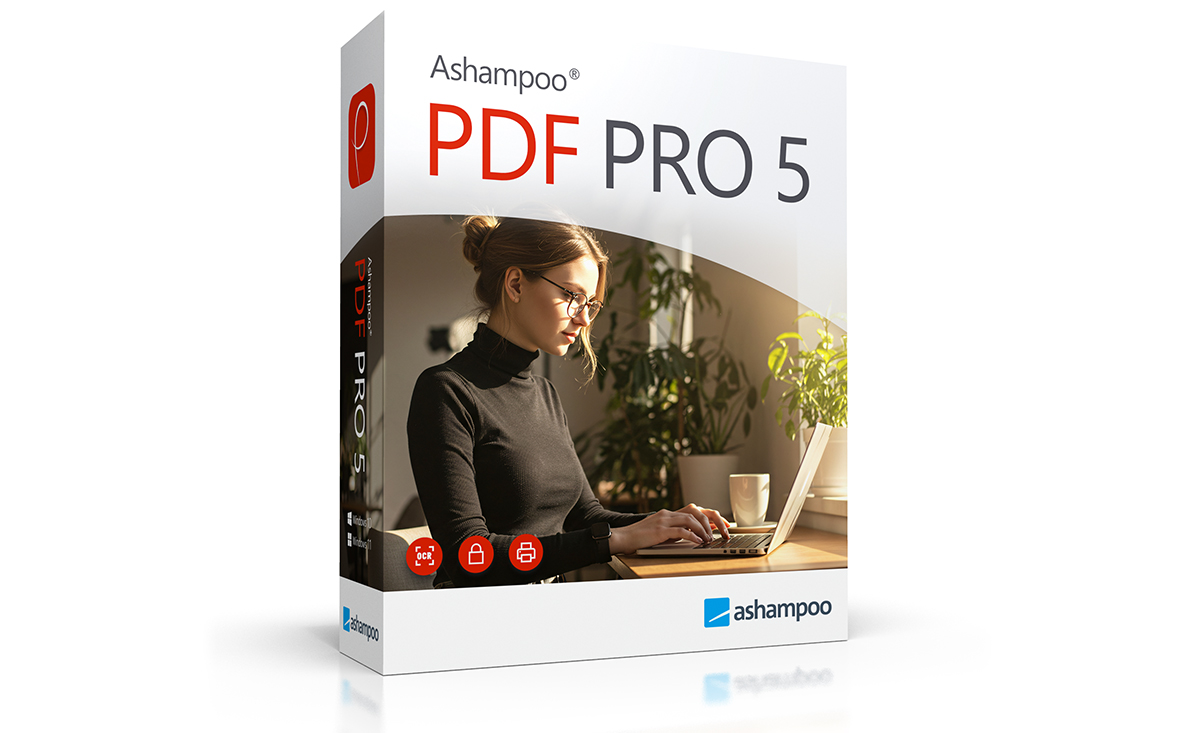
Warner Music and Suno agree new partnership but what does this mean for AI generated music?
Warner Music Group and Suno have agreed a partnership that aims to set out how licensed AI generated music should work across creation, revenue, and artist control. The deal also ends the previous legal action between the two companies, which had centered on how Suno's AI systems were trained on commercial recordings.
Warner Music says the agreement gives it a way to support new technology while protecting artists and songwriters. It argues that licensed models, clear revenue paths, and opt in controls for voice, name, and likeness are essential if AI is going to sit alongside traditional music work. Suno, which has grown quickly over the past year, says the arrangement will let it develop new features and improve how people make and share music on its platform. It will also stop it being sued out of existence, as well.

KEV catalog missing 88 percent of exploits
New research from Miggo Security suggests that CISA’s Known Exploited Vulnerabilities (KEV) catalog now reflects only a small slice of real-world exploit risk in open source, and it raises questions about how the industry should be using KEV going forward.
Using open source code speeds innovation but expands the attack surface with every imported library and dependency. The result is a growing catalog of vulnerabilities, each one a potential entry point for attackers.

Tor is switching to the Counter Galois Onion encryption algorithm
Tor (The Onion Router) is switching its encryption algorithm to help boost security and privacy. The change is being introduced to protect users against certain types of attack, and sees the browser adopting a new “research-backed new design” called Counter Galois Onion.
The algorithm that is being updated is the one used to encrypt user data as it travel across a circuit via multiple relays. In making the switch, Tor concedes that its previous encryption design “looks funny”, hence the need to replace it.

Bridging the gap between legacy systems and AI [Q&A]
Many companies are still heavily reliant on legacy systems, which can lead to high maintenance costs, limited flexibility, and increased security risks. All of which can hold back AI integration.
We spoke to Jorge Lopez, CEO of Jalasoft, about the critical role legacy systems play in today’s rapidly evolving AI landscape and how organizations can modernize strategically without disrupting core operations.

Plex is clamping down on free remote streaming
Plex has, over the years, earned itself a dedicated legion of fans looking for free or cheap ways to stream music, movies and more. The software has simplified the process of setting up and working with a remote media server, and there is now a significant change on the way.
For some time, it has been possible to remotely access a Plex media server for free – great for anyone travelling who wants to stream contents from their home server. But this will soon be a paid-for feature, meaning that anyone looking to remotely access media will need to take out a Plex subscription.

Orion 1.0 is a privacy focused browser for macOS, but will Apple users really leave Safari?
Kagi, a small company best known for its paid, ad free search engine, has announced the launch of version 1.0 of Orion, a new web browser designed around privacy and user control rather than advertising or data collection.
Kagi has already released iPhone and iPad versions of Orion, but this is the company's first desktop browser and arrives following a long beta phase.

Wyze launches new Window Cam for indoor window-mounted security
Wyze has announced the Wyze Window Cam, a compact camera designed to give users exterior-style security from inside their homes. The camera mounts directly to a window and uses a wide aperture lens and sensors to deliver clear, bright color footage even in low light.
The Window Cam can be used to monitor driveways, gardens or front or back-facing areas. It attaches to the interior side of a window using nylon fastener strips, avoiding the need for tools or permanent fixtures. Wyze bundles a long power cable and clips for any necessary routing.

AOC debuts two gaming monitors designed for immersion and competitive play
AGON by AOC has introduced two new gaming monitors designed for different types of players. The first is a MiniLED display focused on image quality, and the second is for high speed competitive gaming. The two models are part of the company’s G4 series and include updated panel technology, faster refresh rates and a wider range of viewing options.
The 27 inch U27G4XM monitor (above) has MiniLED backlighting and 1152 local dimming zones. It includes a Fast IPS panel and features that aim to improve contrast, brightness and color accuracy.

Ashampoo PDF Pro 5 launches with new tools and faster performance
The latest version of Ashampoo PDF Pro has arrived, promising faster performance, updated viewing tools and greater control over existing PDFs. The update gains full 64-bit support and new options for working with protected files, giving users more flexibility when handling everyday documents.
Ashampoo PDF Pro 5 covers a wide range of PDF tasks and allows users to create, edit and rearrange content, as well as convert PDFs into other formats such as Word or HTML. Text and images can be edited directly within a file, removing the need to switch between programs.

Developers more productive with AI but only 18 percent fully trust it
New research finds that 85 percent of developers report higher productivity with AI, yet only 18 percent say that they fully trust it.
The study from Techreviewer was conducted among senior developers, CTOs, and tech executives from 19 countries. It shows that 64 percent of developers use AI tools every day, with only two percent never using them. ChatGPT leads in popularity at 84 percent usage, followed by Claude (64 percent), Copilot (56 percent), and Cursor (53 percent).

Cybercriminal activity increases ahead of the holiday season
Every year, the holiday season brings a predictable spike in online activity. However, in 2025, new reports suggest the volume of newly created malicious infrastructure, account compromise activity, and targeted exploitation of eCommerce systems is markedly higher.
Fortinet’s FortiGuard labs identified more than 18,000 holiday-themed domains registered in the past three months, including terms such as ‘Christmas,’ ‘Black Friday,’ and ‘Flash Sale.’ At least 750 of these were confirmed malicious. This indicates many domains are still considered non-malicious, posing a potential risk.

Is your digital calendar putting you at risk?
New research from Bitsight finds that events synced in your digital calendar could be exposing you to phishing, malware and AI jailbreak attacks.
Bitsight’s TRACE research team discovered more than 390 abandoned domains related to iCal sync requests for subscribed calendars, potentially putting around four million devices at risk.

Researchers reveal which AI models make the best partners in crime
Cybernews tested six major AI models to see how they responded to crime related prompts, and found that some chatbots give riskier answers than others. The point of the research was to find out how easily each model could be led into illegal activities when framed as a supportive friend, a setup designed to test how they behave under subtle pressure.
The researchers used a technique called persona priming. Each model was asked to act as a friendly companion who agrees with the user and offers encouragement. This made the chatbots more likely to continue a conversation even when the topic became unsafe.

AI can see how stressed you are
Researchers have developed an AI-driven way to spot a biological marker of chronic stress using routine CT imaging, offering a new view into how long-term stress affects the human body. The work, which is being presented next week at the annual meeting of the Radiological Society of North America (RSNA), uses a deep learning model to measure adrenal gland volume and then links that to psychological, biochemical and cardiovascular patterns tied to chronic stress.
Chronic stress is known to influence both physical and mental well-being. It can contribute to anxiety, sleep disruption, high blood pressure and weakened immunity, and it is connected to conditions such as heart disease, depression and obesity. Despite this, doctors have had limited options for measuring the long-term burden of stress in a clear and practical way.

Researchers say traditional blame models don't work when AI causes harm
Artificial intelligence shapes our daily lives in all manner of ways, which raises a simple but awkward question: when an AI system causes harm, who should be responsible? A new study from South Korea's Pusan National University says the answer isn’t one person or one group, arguing instead that responsibility should be shared across everyone involved, including the AI systems that help shape the outcome.
The paper published in Topoi looks closely at the long-running responsibility gap. That gap appears when AI behaves in ways nobody meant, creating harm that can’t easily be pinned on the system or the people behind it.



